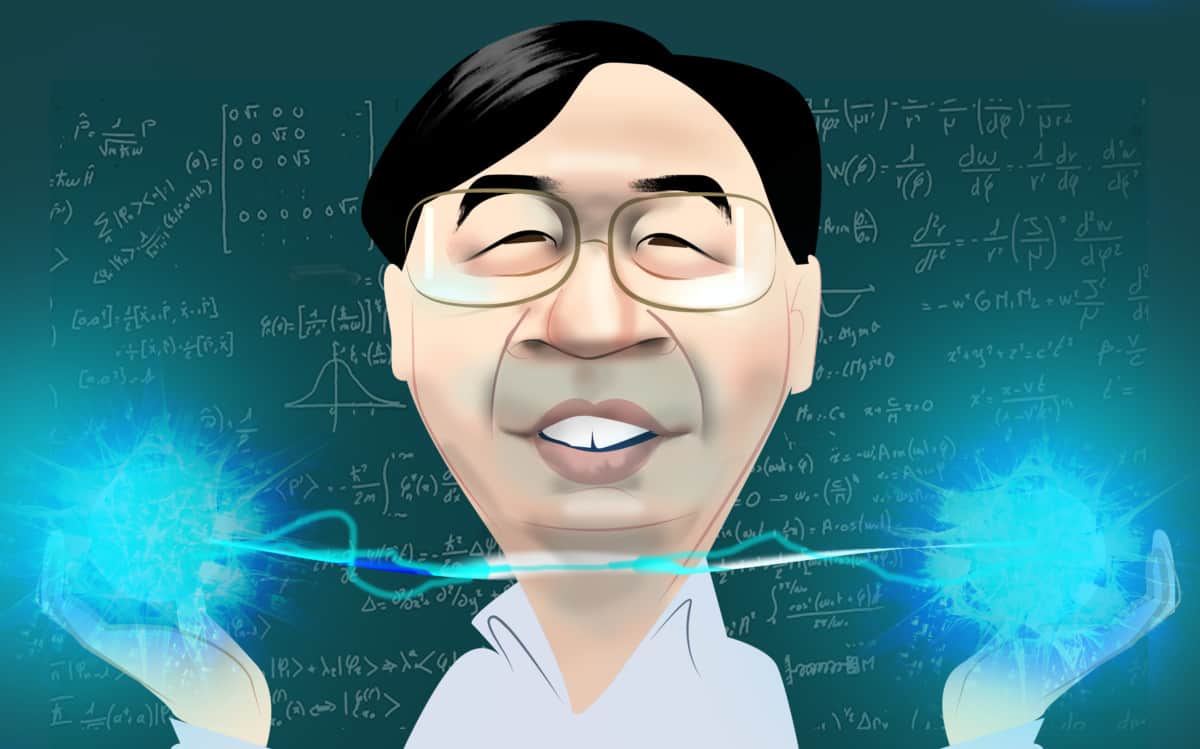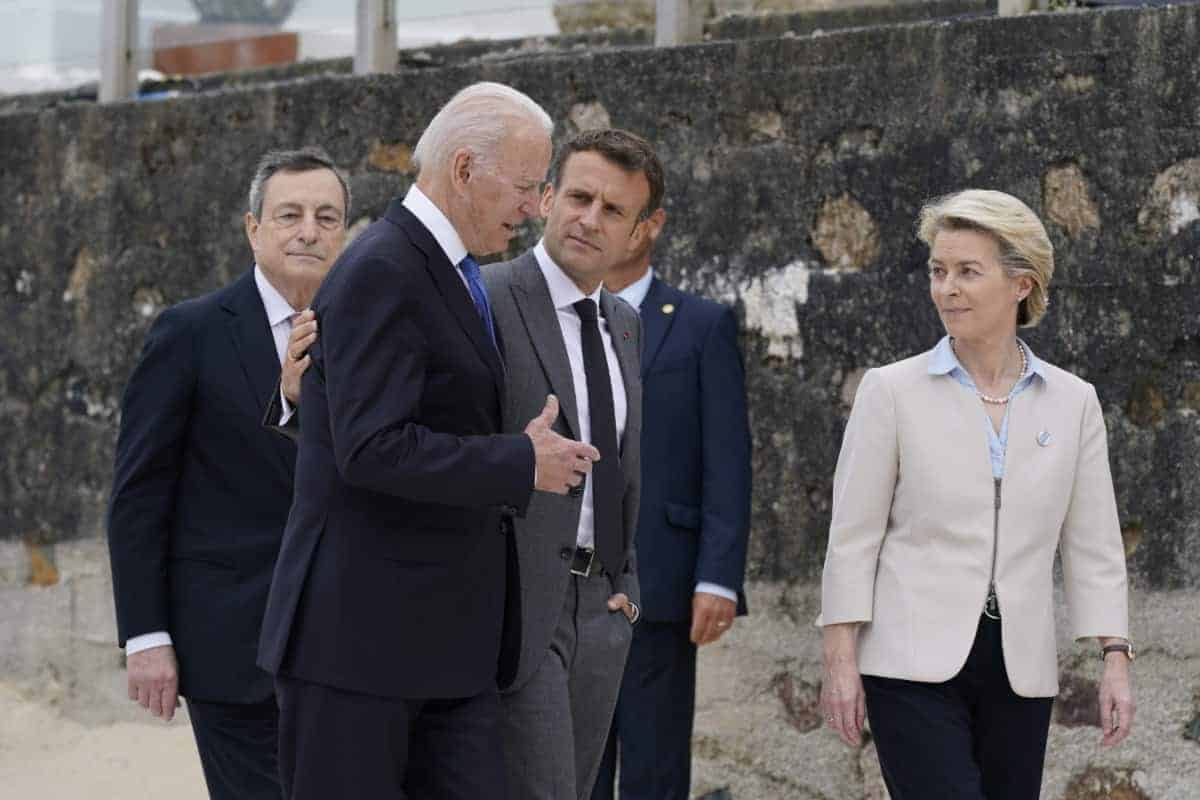
Good evening. In this week’s Q&A, scholar Andrew Nathan notes how important it is to “get the China challenge — or the China threat — sized correctly; to focus on the real parts of the threat.” Our cover story this week, on China’s huge strides in quantum technologies, illustrates just how complicated this can be. As China’s quantum computers earn big headlines for going toe-to-toe with U.S. giants like Google, the country’s advances in quantum cryptography might actually be the threat most worthy of our attention. Elsewhere, we have infographics on the Olympic-size change in China between 2008 and 2022; a reported piece on how NBC will try to balance its business interests in China with its Olympic coverage; and an op-ed about Europe’s role in averting a U.S.-China war. If you’re not already a paid subscriber to The Wire, please sign up here.
Want this emailed directly to your inbox? Sign up to receive our free newsletter.

The Quantum Edge
With subatomic particles “talking” to one another over great distances and even teleporting, quantum technologies have long seemed like something from a science fiction novel. But as Anastasiia Carrier and Chloe Fox report in our cover story this week, these technologies are no longer theoretical, and they could unleash a technological revolution. With China making huge strides in the field, recent sanctions underscore a new sense of urgency in the United States.

The Big Picture: An Olympic-size Difference
Today, China is four times richer than it was in 2008, the first time it hosted the Olympic Games. Yet while China has advanced on “hard power” measures like military spending and infrastructure, it is now viewed more unfavorably around the world than at any point this century. This week, The Wire’s infographics by Eliot Chen take stock of how China has changed over the past thirteen and a half years.
A Q&A with Andrew Nathan

Andrew Nathan is a professor at Columbia University, the author of numerous books on China and an authority on Chinese politics and foreign policy. In this week’s Q&A with David Barboza, he talks about the politicization of the ‘China threat,’ how to size the threat appropriately, the ‘surprise’ Hong Kong identity, and China’s unique approach to Taiwan.
Andrew Nathan
Illustration by Kate Copeland

NBC’s Olympic Tightrope
NBC has considerable business interests in China, including the Universal Beijing Resort, which is 70 percent owned by a state-owned firm, and a content streaming deal with Youku, a Chinese streaming service owned by Alibaba. As Katrina Northrop reports this week, NBC is now facing tough choices about how to cover the Olympic host country — making it the latest major American company struggling to thread the needle on how to engage with China.

Can Europe Avert a U.S.-China War?
An EU-led de-escalation initiative in the Indo-Pacific is far from a sure thing, especially given the recent increase in tensions between the EU and China. But in this week’s op-ed, Robert Williams and Moritz Rudolf, of Yale Law School’s Paul Tsai China Center, argue it would align with the EU’s professed goal of pursuing an inclusive approach to the region that strengthens the rules-based international order. More important, they argue, it offers perhaps the best chance of averting war between great powers.
Subscribe today for unlimited access, starting at only $19 a month.



